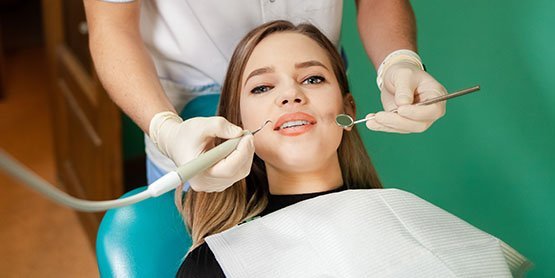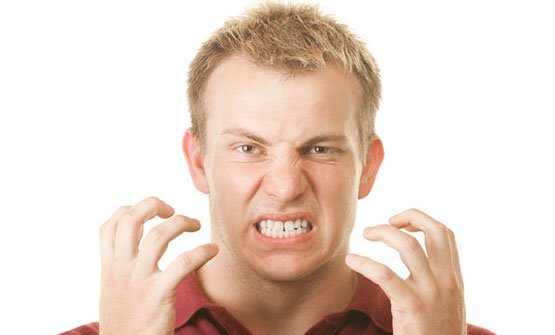Bruxism

Bruxism Casula
Loud snoring leaving you feeling exhausted during the day?
Bruxism, or teeth grinding and clenching, is a common condition that often goes undiagnosed.
It is a condition in which you grind, gnash, or clench your teeth.
If you suffer from bruxism, you may unconsciously clench your teeth when you’re awake, or clench or grind them while you are asleep.
Types of Bruxism
There are 2 main types of bruxism: awake bruxism and sleep bruxism.
Awake bruxism — may be caused by anxiety, stress, anger, frustration, or tension, or may be a coping mechanism or a habit during deep concentration.
Sleep bruxism — may be a sleep-related disorder associated with arousals during sleep. Those who grind their teeth asleep are more likely to have other sleep disorders, such as snoring.
Mild bruxism may not require treatment. However, in some people, bruxism can be persistent and serious enough to cause jaw disorders, pain, damaged teeth, and other problems.

Symptoms of Bruxism
Symptoms of bruxism include:
- Pain in the face and head
- Pain in the ears
- Pain and muscle stiffness in the jaw joint and muscles, which can lead to TMJ disorder
- Disturbed sleep
- Worn teeth, which can lead to increased sensitivity and tooth loss
- Damaged teeth or fillings
When to see your Casula dentist
See your Casula dentist if you have any of the symptoms mentioned above or have other issues about your teeth or jaw.
If you notice that your child is grinding or clenching his/her teeth — or has other symptoms of bruxism — don’t forget to mention it at your child’s dental appointment.
Bruxism in Children
Bruxism can also affect the young ones. It tends to occur after their teeth (baby and adult) first appear but usually stops after the adult teeth are fully formed.
See your Casula dentist if you’re concerned about your child’s teeth grinding, particularly if it’s affecting their sleep.
Occlusal Splints
An occlusal splint is a removable appliance specially moulded to fit the upper or lower arches of your teeth. In most cases, it is worn when sleeping.
The main purpose of wearing an occlusal splint is to create a barrier between the biting and grinding surfaces of the teeth, protecting them against wear and damage.
Occlusal splints come in a variety of designs, including soft or hard, full or partial and those for either the lower jaw or the upper jaw. Considering your preferences, your Casula dentist will advise which material and design will provide the greatest relief based on your case.
Bruxism Management in Casula
If undiagnosed and unmanaged, bruxism will lead to long-term dental wear and damage – and hence the need for further restorative treatment to try to correct the damage caused.
It is, therefore, important that the diagnosis is made as early as possible.
If you or your loved ones suspect that you are a bruxer, please call us and schedule an appointment.
Visit your Casula dentist today!
If you want to know more about bruxism management in Casula, please call us on (02) 9199 9695 or request your appointment online.
We are located at Shop 17A Casula Mall, 1 Ingham Drive in Casula.
FREQUENTLY ASKED QUESTIONS
How do I know if I grind my teeth at night?
Here are signs of sleep bruxism:
- Complaints from your bed partner
- Unexplained damage to teeth
- Pain in the jaws
- Waking up with a headache
- Changes in facial appearance
How do I stop teeth grinding?
Early stages of bruxism can be prevented by following these:
- Get enough sleep
- Lessen the intake of caffeinated and alcoholic products
- Engage in more relaxing activities (meditation, exercise and counselling)
- Practice muscle relief exercises
Why do people grind their teeth?
High-stress levels is one reason people grind their teeth, which can lead to an increase in grinding or clenching of the teeth.
